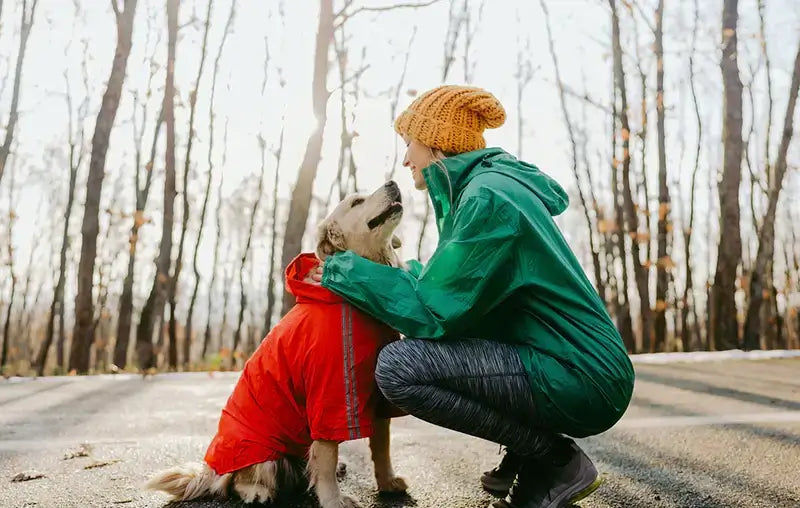
In many cases, it’s easy to tell when your dog is uncomfortable. Limping, stiffness, slow movement and even drooling may indicate your dog needs a trip to the vet. But when discomfort is more gradual or subtle, your dog might not exhibit big, sudden changes — and it’s possible that you might not recognize that he’s uncomfortable at all.
It’s a good idea to familiarize yourself with the lesser-known signs of discomfort in dogs so you can quickly identify if your faithful companion might need some help.
Loss of Appetite
One of the first signs that your dog isn’t feeling well is often a change in his appetite. It’s common for dogs to eat less or to avoid eating at all when they’re uncomfortable.
You might notice these appetite changes in different ways. Your normally enthusiastic eater might be slower to come into the kitchen for breakfast each morning, or he might eat more slowly. Some dogs will start to leave food behind or become picky, eating only certain parts of their meals. Your dog might still take treats, but not eat them as quickly as he usually does.
Lethargy
You might also notice a change in your dog’s energy level. When dogs are uncomfortable, they often appear more tired and seem to have lower than normal energy levels.
An uncomfortable dog might display several changes in his overall energy. He might start sleeping more, or not sleeping as deeply as he usually does. He might shift around and get up frequently during the night, or he might be more difficult to motivate and rise in the morning. You might notice that your dog’s energy level is lower, and that he’s less eager to do activities that he normally loves, like going for a long walk or playing fetch.
If you ever notice that your dog is suddenly and significantly lethargic, contact your vet or local emergency animal clinic right away. Lethargy can indicate that your dog is uncomfortable, but it can also be a symptom of many serious injuries and illnesses that require emergency care.
Behavior Changes
Discomfort can also lead to some significant behavior changes in dogs. Dogs dealing with discomfort might become unusually aggressive and defensive in an effort to protect themselves. Your dog’s behavior can become unpredictable, and he might not seem like himself.
If you notice these signs in your dog, then it’s time to schedule an appointment with your vet, to determine if an illness or injury is making him uncomfortable. Once you know what’s causing your dog’s discomfort, you can take steps to help make him more comfortable.
You might find that CBD products, like Zebra CBD Canine Joint & Hip Chews, can help to keep your dog comfy, specially with the use of CBD calming chews for dogs. Combined with other supportive methods and lifestyle changes based on your dog’s diagnosis, you may be able to get him much more comfortable so these signs of discomfort disappear.










